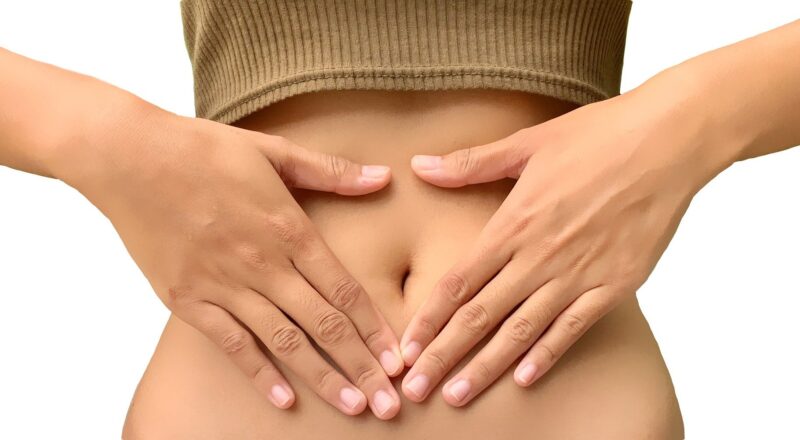Jean-Jacques Rousseau once said this brilliant quote: “Happiness: a good bank account, a good cook, and a good digestion.” It’s interesting that good digestion made the list, but it makes perfect sense. Healthy digestion simply makes our lives easier and better!
One of the greatest aids for digestion is fiber. The two types of this plant-based nutrient are soluble fiber and insoluble fiber. Soluble fiber dissolves in water while insoluble fiber remains nearly intact through digestion because it does not dissolve in water.
Let’s talk about some of the major benefits of fiber.
It regulates bowel movements.
Fiber is almost magical because it can improve both constipation and diarrhea. Insoluble fiber absorbs excess fluids, which can solidify loose and watery stools. Fiber also helps to soften and increase the size of stools. Bigger stools are easier to pass.
It helps maintain bowel health.
Fiber can reduce the risk of developing hemorrhoids and diverticular disease, which is caused by small pouches in the colon. A diet high in fiber has also been shown to reduce the risk of colorectal cancer.
It lowers cholesterol levels.
Bad cholesterol is referred to as low-density lipoprotein. Fiber can help to lower these bad cholesterol levels. There are other heart benefits that come from fiber as well, such as reducing inflammation and blood pressure.
It controls blood sugar levels.
Soluble fiber helps to slow the rate at which your body absorbs sugar, which can improve blood sugar levels. Over time, this can improve insulin resistance and even prevent type 2 diabetes.
It helps with weight management.
Foods that contain a lot of fiber are more filling. Eating these foods allows your body to feel fuller for longer. High-fiber foods also generally contain fewer calories for the same amount of food.
It helps you live longer.
Several studies reveal that high dietary fiber intake is linked to a reduced risk of dying from cardiovascular disease as well as all cancers.
Now let’s talk about what happens when you don’t eat enough fiber.
You feel bloated.
Processed foods, alcohol, dairy, and carbonated beverages can cause bloating and gas. If you don’t eat fiber to clear out your digestive tract, all of that junk will sit in your stomach and digest slowly.
You have irregular bowel movements.
A lack of fiber can create problems in your colon that cause it to not function properly. This can lead to constipation, loose stools, or irregular bowel movements. It is critical to expel toxins from your body, and fiber helps this process move along quicker and easier.
You gain more weight.
Since fiber helps to regulate blood sugar and break down carbs, a lack of fiber can elevate blood sugar levels as well as slow digestion.
You lack energy.
Foods that are high in fat cause you to feel tired. Fiber helps to eliminate waste that could be making you tired, and it also assists in balancing your diet so that you have energy throughout your day.
Your brain feels foggy.
Fiber can help you feel fuller for longer and can help eliminate sugar cravings. When you give in to those cravings, that sugar can spike your blood sugar levels and make it difficult to concentrate or think clearly.
Your skin suffers.
Any studies on skin will show that our internal chemistry greatly affects our skin appearance and health. A buildup of toxins in the body can cause your skin to be dull and more prone to acne.
Your blood pressure increases.
When blood pressure rises, it can have adverse effects such as headaches, chest pain, tiredness, and even hypertension.
The bottom line: Eat your fiber!


Recent Comments